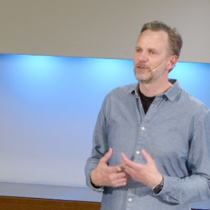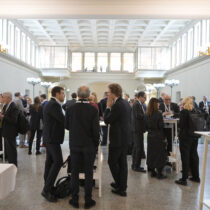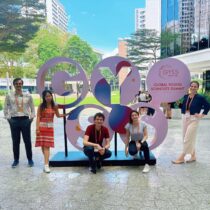GYSS 2024: A Global Approach to Science and Discovery
March 21, 2024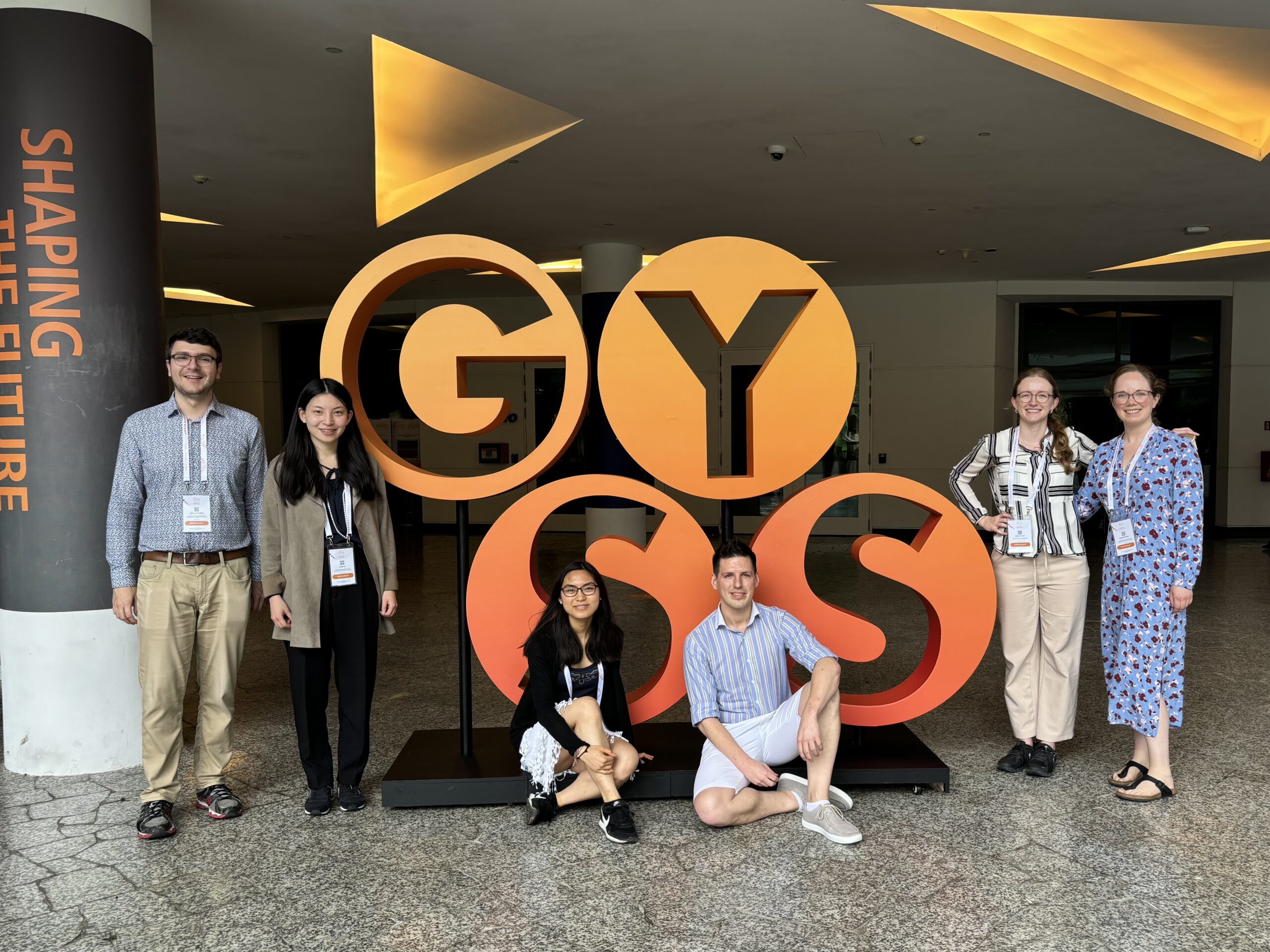
We are a group of six doctoral students, postdocs and Master’s students from ETH Zürich. Together we travelled to Singapore in early January to attend the Global Young Scientists Summit (GYSS) 2024. The summit brought together young scientists from around the world to meet with scientific leaders from a diverse range of fields.
On the first day, we were treated to site visits of universities and research institutes around Singapore, including the Singapore-ETH Center. It was great to learn about their exciting work and to connect with our ETH counterparts across the world.
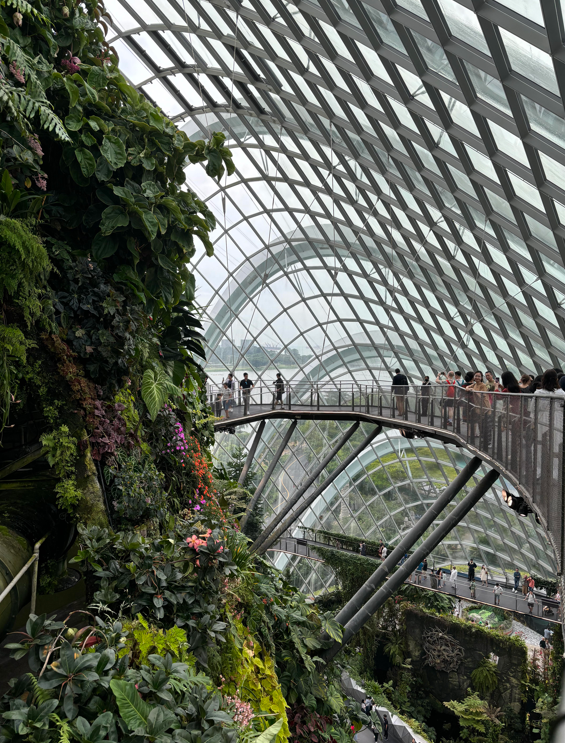
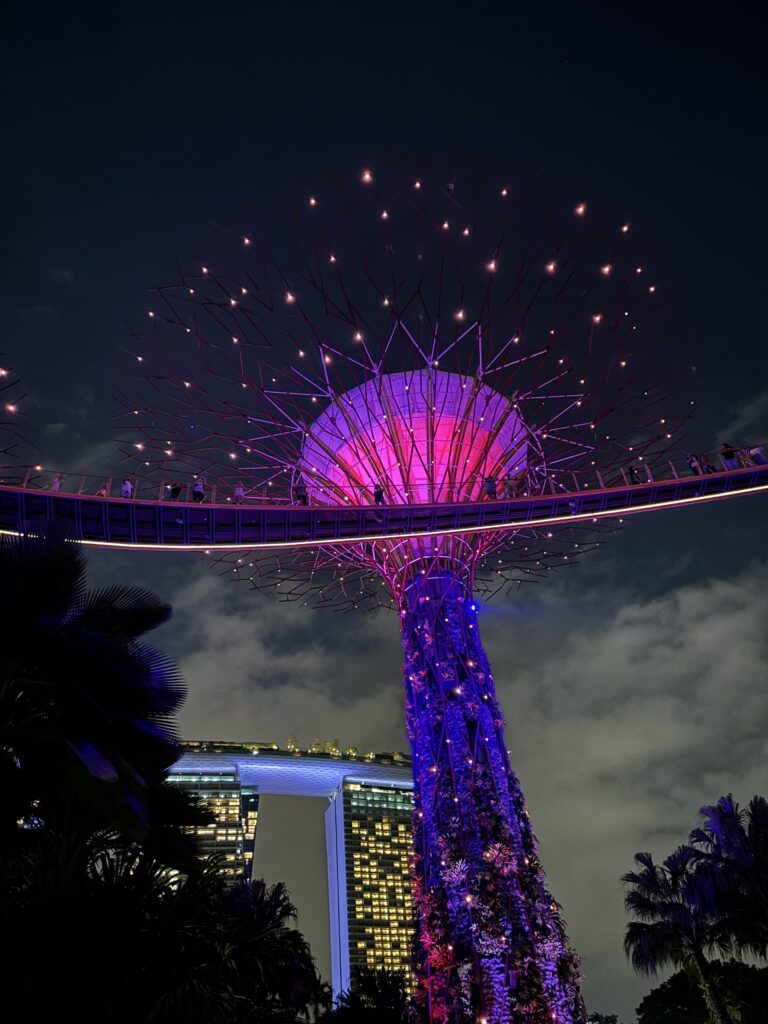
Quotes from Participants
Siobhan Powell: I am so grateful for the opportunity to travel to Singapore and attend GYSS. I found the event very inspiring – a great way to start the new year! I came back feeling motivated to dive back in and push harder for new, innovative solutions to the challenges in my research. The most memorable speaker for me was Dame Prof. Sue Black, a forensic scientist and Professor at Oxford University. I was so impressed by Professor Black’s empathy and personal investment in her work, and her amazing way of communicating about her science through storytelling. She emphasised that we never know where our paths will take us, and she inspired me to hope my path and career will be as impactful as hers.
My other big take-away from the event was the wonderful feel of international community. I met so many kind and inspiring people from around the world! Singapore was an amazing place to explore together and that feeling will stay with me for a long time.
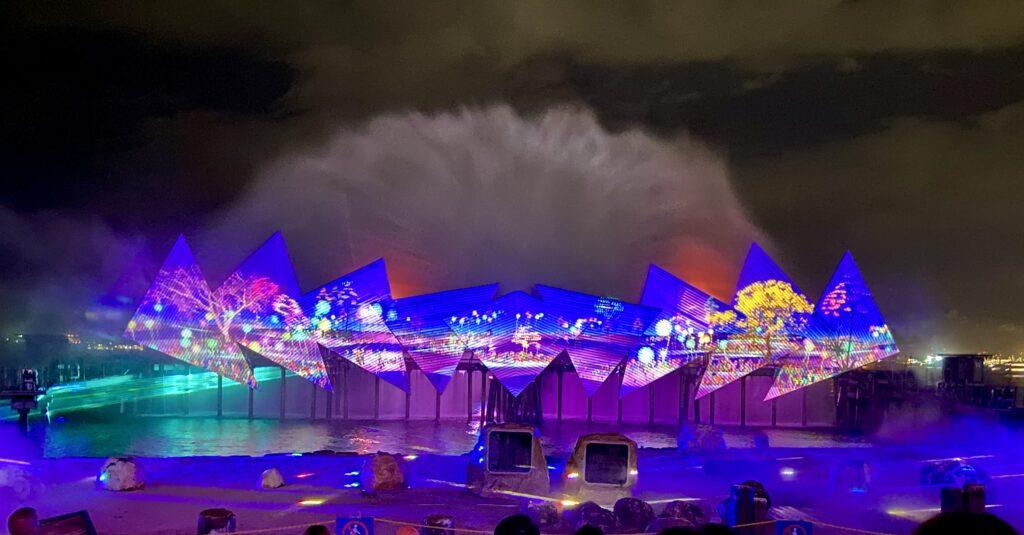
Adrian Bunzel: Attending GYSS 2024 was a remarkable opportunity to interact with the brightest minds and aspiring scientists from an array of disciplines while also touching on significant societal questions. It was truly wonderful to reach out and engage in discussions with people outside my discipline, offering a new perspective and making me think of my science as part of a whole.
Among the many distinguished speakers, Prof. Richard Roberts stood out for me. Aside from his stellar science, I was truly impressed by his advocacy for women in science and his use of his voice as a Nobel laureate to effect positive change. To my surprise, he even boldly criticized GYSS for the underrepresentation of female speakers during his talk, underscoring the critical importance of diversity and inclusion in science.
Presenting my work on bioengineering enzymes for a sustainable future during the Young Scientist Presentations was a highlight, followed by engaging discussions with my peers that were both enlightening and inspiring.
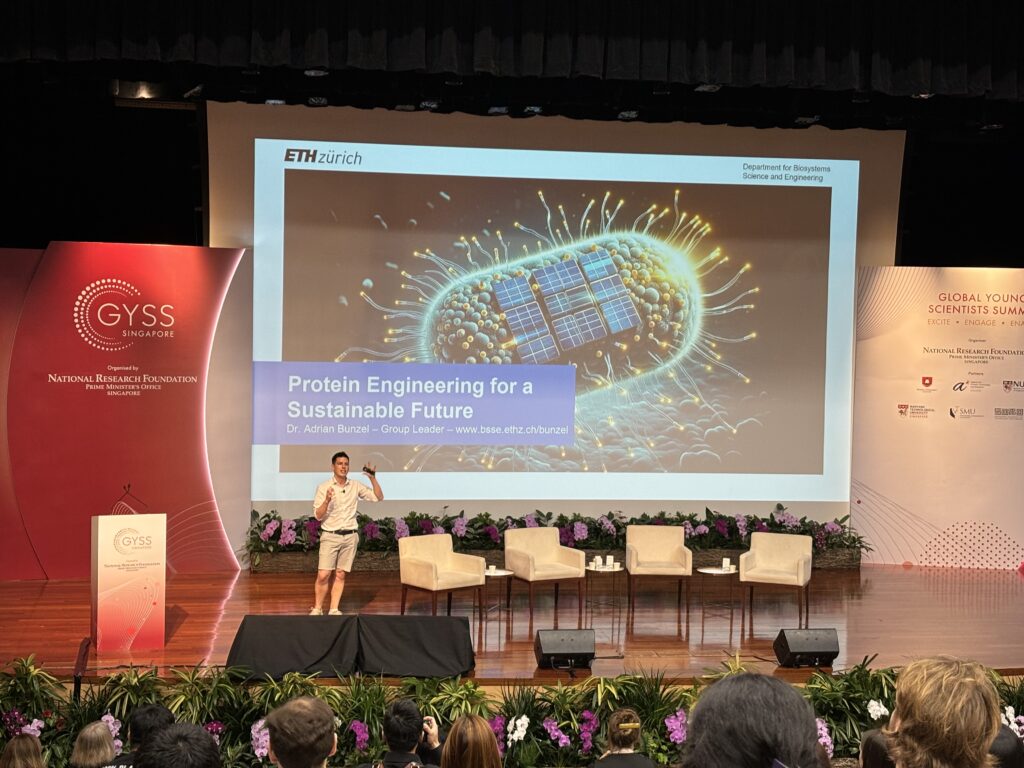
Karin Yu: GYSS 2024 offered an interdisciplinary platform to exchange with fellow young researchers from many countries and diverse cultural backgrounds, and to learn from accomplished scientists through lectures, panel discussions and small group sessions. I am thankful for the opportunity to attend as a representative of ETH Zürich and to present a poster on my Master’s thesis research as well.
The conference offered a unique opportunity where one could engage in conversations with Nobel laureates or Alan Turing awardees. By chance, I shared a dinner with some of the other participants and Prof. Randy Schekman, learning about his journey to becoming a Nobel Prize winner. Two days later, he presented his contributions to an international collaborative effort for basic science on Parkinson’s Disease.
Lastly, I’d like to highlight a few take-aways. From the perspective of science communication, we, scientists, are obliged to communicate our findings and teach them. Additionally, both Prof. Sue Black and Prof. Richard Roberts emphasised the importance of grabbing chances if they present themselves, since everyone is lucky once in a while. Not only did luck play a role in getting to where they are now but also learning from mistakes.
Leif-Thore Deck: Looking back, it is safe to say GYSS2024 was a highlight of my doctorate. It was truly eye-opening to meet hundreds of motivated young scientists from all over the world, to learn about their diverse experiences, their passion for science and their motivation to shape the future. Being close to the end of my doctorate, the summit’s incredibly positive atmosphere helped me to get a clearer picture of my own plans for the future.
Interacting with the esteemed speakers was a great pleasure, and I particularly enjoyed seeing the people behind their success stories – having received a Nobel prize does not mean that everything always went perfect in one’s career or personal life. The importance of taking risks and learning from failure was a common theme across many talks.
Perhaps one of the most remarkable moments for me was after Prof. Richard Roberts’ talk, who had mentioned that he benefited a lot from luck in his career. A young scientist asked if there is a secret recipe to success – because he could not believe that luck out of all things should be so important. Roberts however confirmed his point by giving even more examples where he was lucky – for instance, he was booked on the flight that would crash into the WTC on 9/11 but changed to another one the day before.
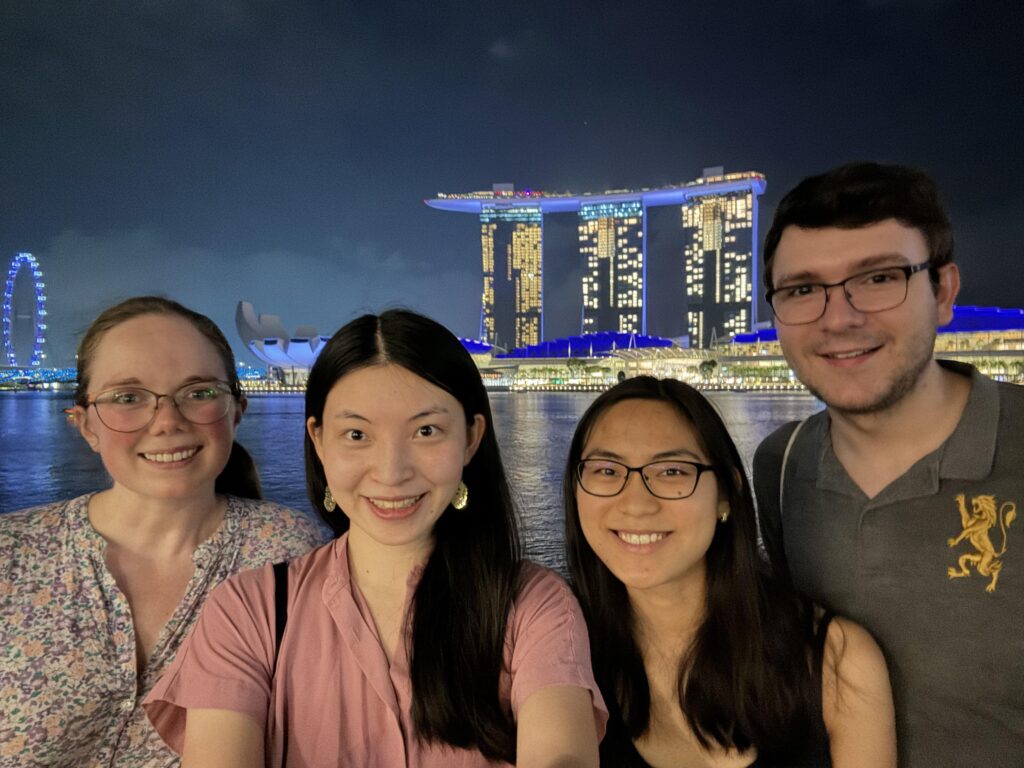
Alina Begley: I enjoyed the GYSS, it was a great opportunity to spend time with people who love to talk about science and come from completely different scientific disciplines and cultural backgrounds. We got to go on a field trip to visit research labs in Singapore and participated in a hackathon which was a lot of fun. The speakers at GYSS were inspiring. Whatever prizes the speakers may have won, they shared their love for the pursuit of knowledge and spoke to the participants on eye-level, which is a great reminder that they too are human and struggled. The main take-home messages for me were that you should speak up, that you need to find an interesting research question, that you have to stay positive and see the value of negative results – they might just be the oddity (luck!) that leads you to a great discovery. I was especially moved when the speakers’ discussed how their hard work impacted the greater community, whether the breakthrough that neutrinos have mass was mentioned by Bill Clinton or that the DNA sequencing technology by Illumina could be used to uncover diseases.
I was able to join GYSS 2024 as a video contest winner (Panel’s choice award) for GYSS 2023, check out the video here.
Sally Liu: GYSS 2024 was a wonderful experience! Filled with countless opportunities to meet passionate young scientists from all over the world, listen to inspiring stories from eminent scientists, and engage in insightful discussions about science and sustainability, this summit has you brimming with excitement not only for your own research, but also for the various novel fields you get to explore while talking to so many people from a plethora of different backgrounds.
To me, the most valuable take-away from the summit is not to be afraid to seize an opportunity when it presents itself – or, as Nobel laureate Prof. Richard Roberts put it during our informal group session, to “make use of luck when it comes your way”.
Add to that the fun trips around Singapore, the delicious local dishes and the rich culture of the country, and I can whole-heartedly say that this whole experience has left a long-lasting impact on me – one that invigorated my passion for research and ultimately strengthened my desire to pursue a PhD after my Master’s.
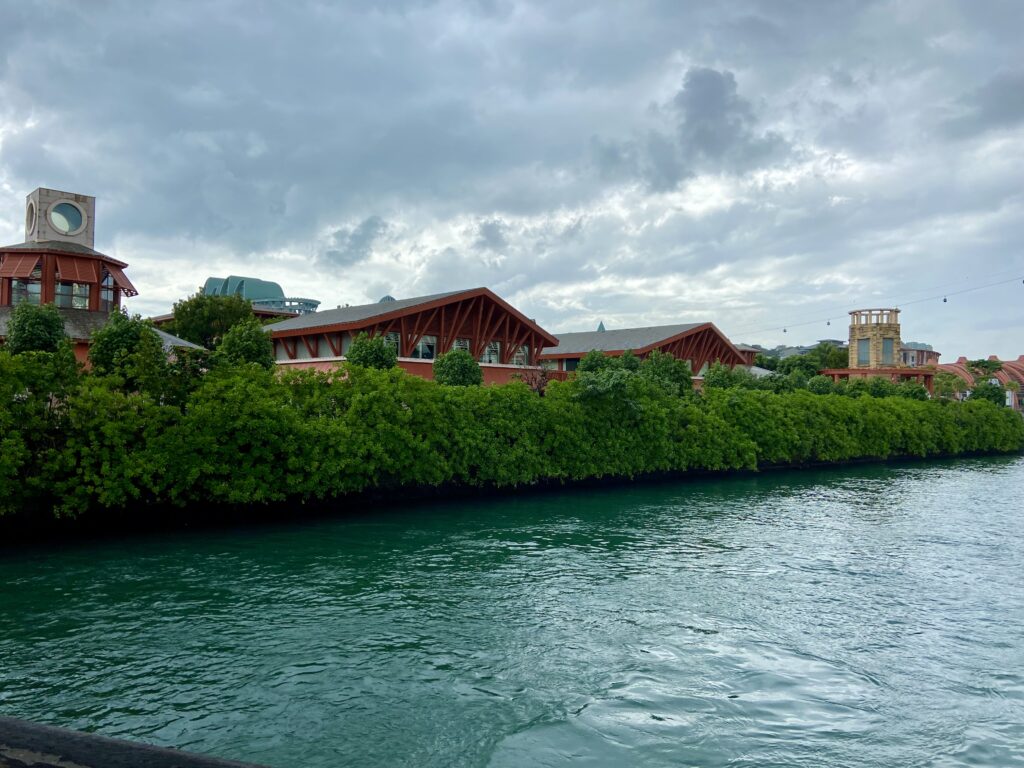
We would like to thank ETH Zürich, the National Research Foundation of Singapore, and Anders Hagström and Romana Mayer from the ETH Zürich Office of International Affairs for this amazing opportunity.


